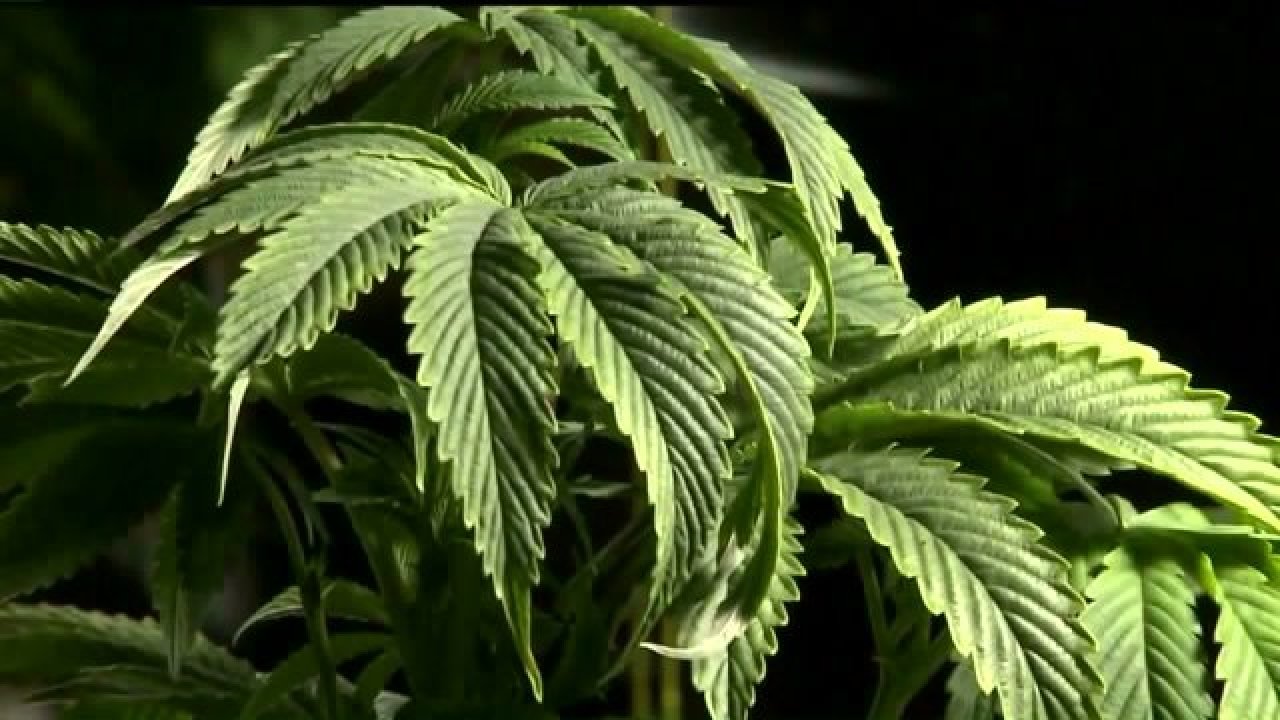SANDY, Utah — The body that certifies and disciplines all police officers in the state is deliberating whether they should be allowed to use medical cannabis.
"This is kind of a difficult topic to navigate," Major Scott Stephenson, the director of Utah's Peace Officer Standards & Training, said Tuesday.
In a briefing to the POST Council, a group made up of law enforcement, academic and citizen representatives, Major Stephenson said Utah's police academies are facing increased inquiries about cannabis.
"While it’s legal in the state of Utah, it’s federally illegal," he said.
People have expressed interest in signing up to be a police officer, "'however, I’m taking medical marijuana or I have used in another jurisdiction where it’s legal like Colorado or Nevada,'" Major Stephenson said of the comments he's heard.
Medical cannabis has been legal in Utah since voters approved it in 2018. The legislature has said it should be treated the same as any other controlled substance. But there are difficulties with police officers using it.
The closest POST's present policy allows is for no cannabis at least one year before an officer applies for a job. Right now, there is a hard line: an officer with a firearm cannot use marijuana because of federal laws.
But POST is exploring whether a corrections officer who doesn't carry a gun could use or have used cannabis in the past. It prompted a healthy debate among members of the council.
"I can’t believe I’m stepping up and saying this because I totally supported not having medical marijuana in the state of Utah years ago," said Beaver County Sheriff Cameron Noel, who suggested the council consider changing its policy to allow for people to seek jobs in law enforcement.
He pointed out that a lot of officers get back injuries on the job and are prescribed narcotics.
"It was put out pretty loud and clear, so I think we need to consider that and maybe change that," Sheriff Noel said, referencing voter will for medical cannabis.
Others acknowledged it was interesting that officers can be on prescription opioids but not medical cannabis. But the council also noted that there isn't a lot of research on medical cannabis and impairment.
"We have to look at what’s going to be the best for the citizens. Do we want a police officer out there using marijuana, although it’s medical, they’re impaired?" Jeanetta Williams, the president of the Salt Lake branch of the NAACP told FOX 13 afterward.
The POST Council made no decision on whether a card-holding officer can use cannabis. It is entirely possible the discussion goes back to the legislature for consideration.
Meanwhile, the council disciplined 13 officers for various misconduct ranging from sexual relationships with inmates to DUI and domestic violence offenses. The POST Council also started implementing new training for officers passed as mandated by the Utah State Legislature. Officers will get specific training every year on use of force, de-escalation and responding to people in a mental health crisis. The bills to require that came out of last year's Black Lives Matter protests.
Legal permanent residents will be allowed to apply to become police officers under a new law the legislature passed. Major Stephenson said unfortunately, it could not apply to DACA recipients because of federal laws prohibiting them from possessing firearms.
The POST Council also started implementing new policies for K-9 training in the state following complaints. A recent investigation by FOX 13 andThe Salt Lake Tribunefound police dogs continued to bite some suspects even after they had surrendered.



